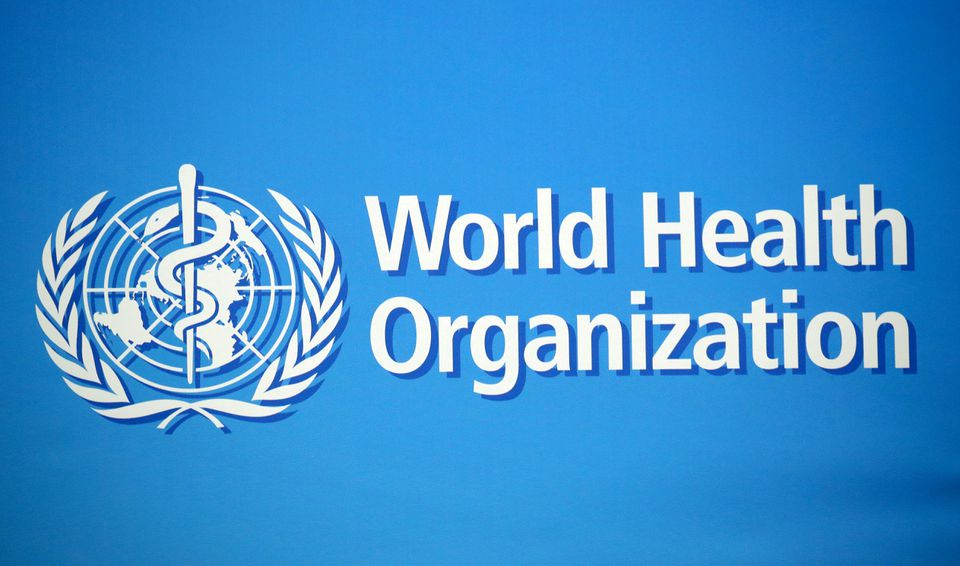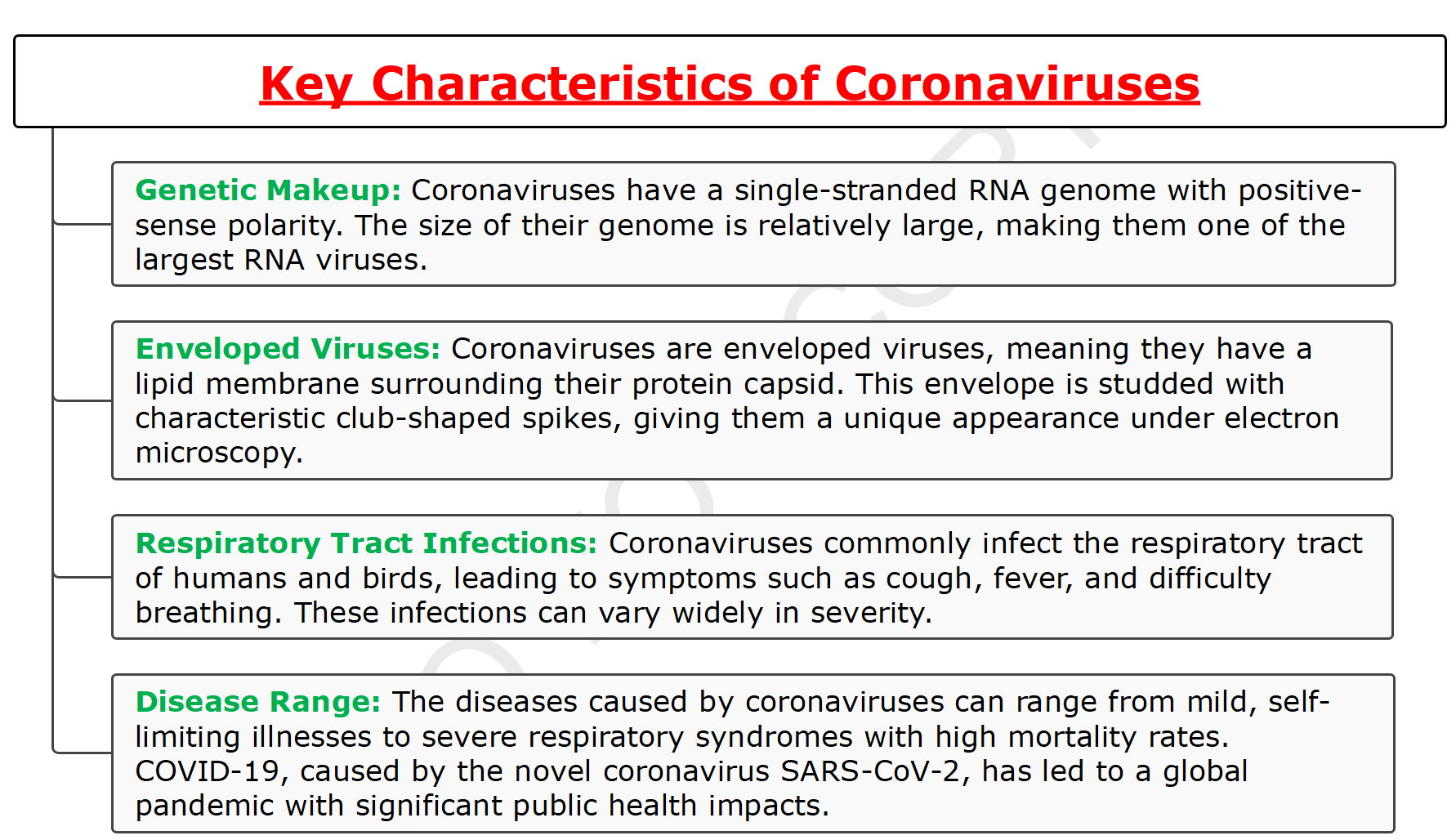Free Courses Sale ends Soon, Get It Now


Free Courses Sale ends Soon, Get It Now



Copyright infringement not intended
Picture Courtesy: https://myrepublica.nagariknetwork.com/news/who-launches-covinet-a-global-network-for-monitoring-coronaviruses/
Context: The World Health Organization (WHO) has established a new global laboratory network called CoViNet. This network aims to identify and monitor potentially dangerous new coronaviruses that could emerge in the future.
About CoViNet
Focus beyond COVID-19
Building on Existing Infrastructure
Enhanced Scope
Supporting Low- and Middle-Income Countries
Timely Detection and Response
Lessons Learned from the Pandemic
Global Network with Local Action
Data-Driven Decision Making
Coronaviruses

Conclusion
|
PRACTICE QUESTION Q. Which of the following is the MAIN reason the World Health Organization (WHO) launched CoViNet? A) To develop new vaccines for existing coronaviruses. B) To improve global monitoring of coronaviruses. C) To provide treatment recommendations for COVID-19 patients. D) To shut down travel between countries with high coronavirus rates. Answer: B |
© 2024 iasgyan. All right reserved